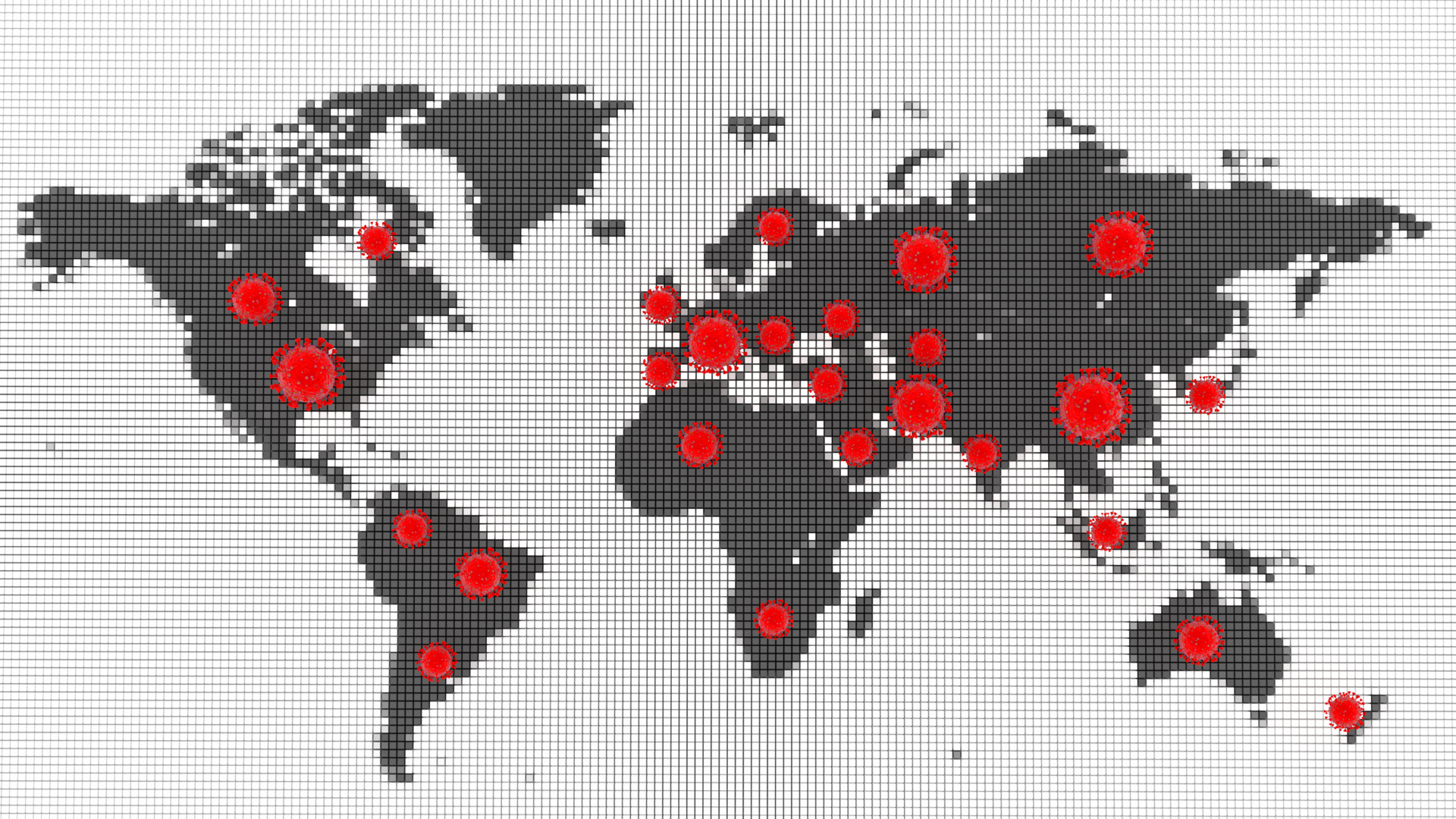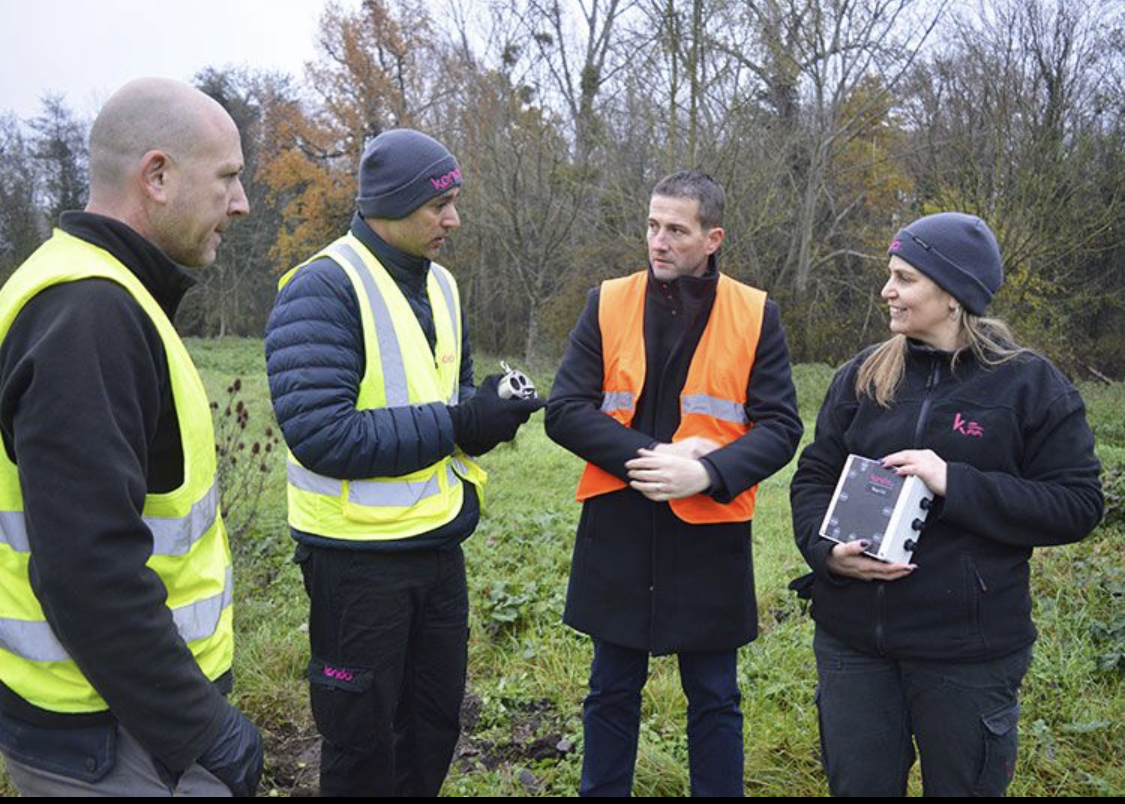
Admin
July 27, 2022
Wastewater is anything but a waste: It could even prevent the next pandemic


Published on Pharmaceutical Manufacturer
Ari Goldfarb, CEO, Kando, discusses how innovative technologies and artificial intelligence tools are advancing wastewater analysis and could potentially mitigate the effects, or even prevent, future pandemics.
French novelist, Victor Hugo was onto something when, in his acclaimed novel Les Misérables, he referred to the sewage system as “the conscience of the city,” a place where secrets don’t exist.
Today, some 200 years later, researchers are using innovative technologies and artificial intelligence tools to study the contents of our sewers. Sewers hold a detailed record of a community’s health, containing the substances consumed and expelled by the population. That’s why researchers and health officials are using wastewater analysis to glean information about the health of citizens and the environment, to detect diseases, and trace their spread early on.
The outbreak of COVID-19 two years ago triggered an explosion of interest in wastewater for the study of epidemics, through the analysis of microbial bodies and substances that stem from the human digestive track and proliferate in sewage systems.
Now, two years into the pandemic, two things are clear: First, that a global effort must be made to develop and implement even more proactive monitoring systems that can be used to track and hopefully prevent other potentially deadly diseases down the line. And second – that our sewers may hold the answer.
Where it all started
Almost everything goes through wastewater treatment plants before being cleansed and then released into local bodies of water or for use in agriculture. However, one of the biggest contributions of wastewater possibly takes place even before the waste is separated from the water.
As early as 1930, researchers in the United States realised that a polio-myelitic virus, which causes polio, can be isolated from an individual’s stool sample. This then made it possible to test wastewater to look for the virus and to track the spread of the disease in entire populations. More recently, wastewater surveillance has provided early warnings for diseases outbreaks such as: Hepatitis A and norovirus in Sweden, Polio in Israel and Polio in India.
The microbes, pathogens, and hormones that are excreted from the human digestive track and find their way into the sewage system provide the metrics and the data that help researchers get insights into a variety of health aspects beyond pathogens. These include the cardiac health of the population, digestion data, and immune system health.
The Importance of Wastewater Analysis in the Pandemic
Just as COVID-19 spurred the use of technologies for the work-from-home transition and remote learning, so too has the pandemic accelerated an understanding of the need for wastewater-based epidemiology (WBE) and other applications for the early detection of diseases.
In fact, technological developments in advanced wastewater analytics over the past two years have yielded national surveillance systems across more than 50 countries, 200 universities, and 1,000 locations. Such surveillance has managed to successfully help health officials track, record, and predict the spread of the SARS-CoV-2 virus that causes COVID-19. The success of these technologies has turned wastewater analysis into a key tool in the fight against the pandemic.
But sewage surveillance can also be used for many other applications beyond just testing for COVID and its variants.
Wastewater analysis, for example, can detect traces of a virus from both symptomatic and asymptomatic people, as well as provide an early warning system for public officials by pinpointing when harmful variants and bacteria are present within a community. Researchers around the world have also established practices for communities to study their sewage to determine the level of vaccine coverage or medication adherence.
Tracking the sewage system to detect the use of illicit drugs is another use case for wastewater analysis that is poised to become more prevalent among public health and safety officials. This allows officials to glean information about what types of drugs are being abused, how the concentration of narcotics in the sewage changes over time, and what effect new policies and programs are having on the quantity of drugs consumed.
Modern wastewater testing technology is also getting better at detecting and tracing dangerous pollutants in wastewater. Thanks to sophisticated analytics and advanced Artificial Intelligence (AI), wastewater engineers can now play an important role in helping officials and regulators identify the companies responsible for pollutant leaks contaminating our municipal systems and the environment in general.
The companies at fault can benefit from these waste-tracking technologies. Large volumes of pollutants in wastewater are often a sign of inefficient or irresponsible industrial processes. A company that is found to emit tainted wastewater can learn from its mistakes and improve its operations.
Preparing for the Future
Until now, wastewater analysis has been used as a complementary tool to monitor public health, as opposed to a driver of health policies. But given its huge and almost endless potential, it is likely that these technologies will play a critical role in mitigating the effects of any looming health crisis of the future.
Your wastewater contains the data.
We just need to extract it so that you can optimize your operations.
Contact us and a member of our team will get back to you as soon as possible.



